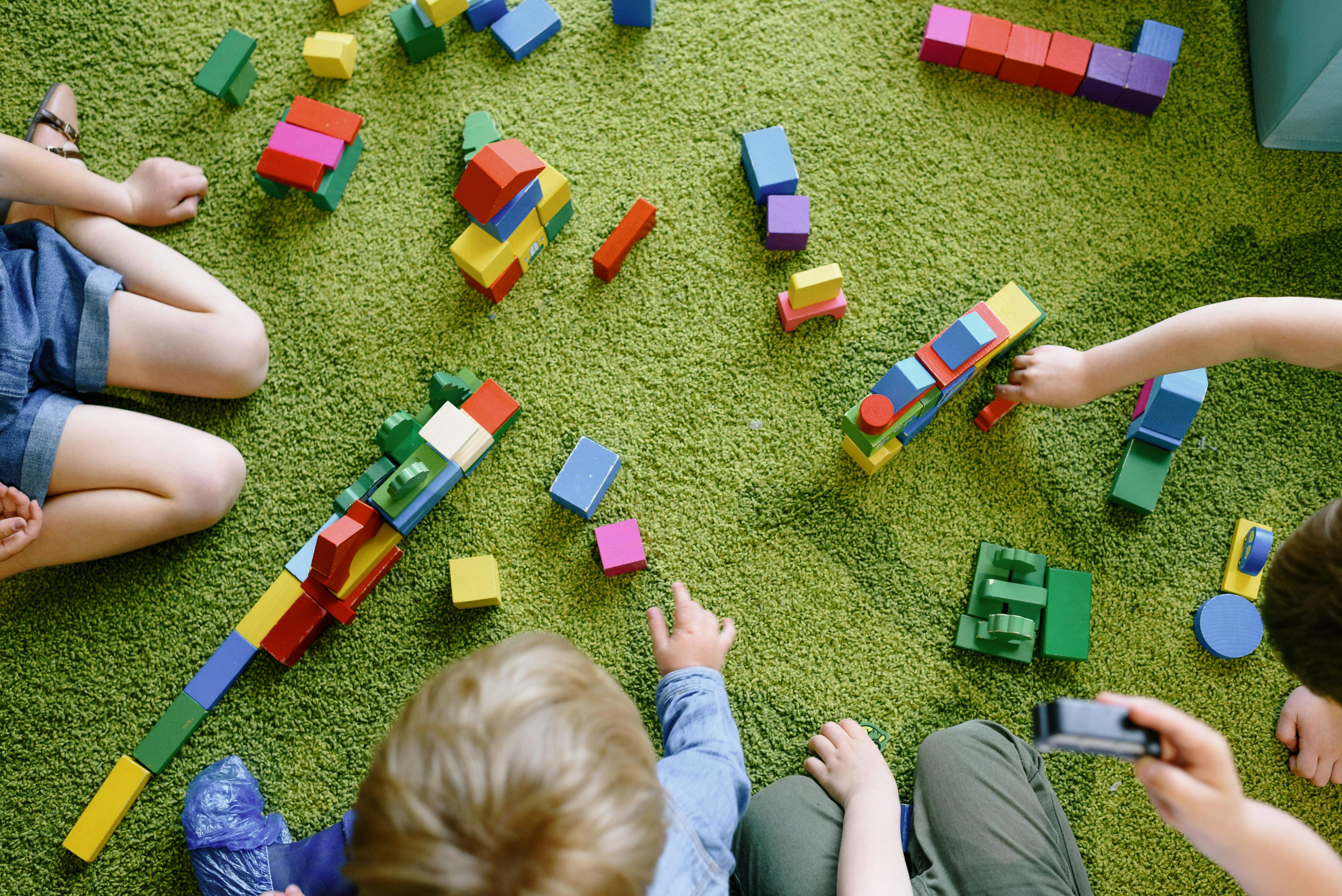
In the bustling world of parenthood, amidst the whirlwind of responsibilities, it’s easy to overlook the simple yet profound act of play. Yet, behind every giggle, every leap, and every imaginative adventure lies a crucial component of a child’s growth and development. Playtime isn’t just about fun and games; it’s a cornerstone of childhood that shapes cognitive, social, and emotional skills in profound ways.
Cognitive Development:
When a child engages in play, their brain lights up like a starry night sky. Whether it’s stacking blocks, solving puzzles, or engaging in make-believe scenarios, play stimulates various regions of the brain responsible for critical thinking, problem-solving, and creativity.
Through play, children learn to explore cause and effect, experiment with different solutions, and unleash their imagination to envision endless possibilities. From the earliest stages of infancy to the more complex play of older children, every playful interaction contributes to the wiring of the brain, laying the foundation for future learning and academic success.
Social Development:
Play serves as a vibrant playground for social interactions, where children learn the delicate dance of communication, cooperation, and empathy. Whether it’s sharing toys with a friend, taking turns in a game, or negotiating roles in a make-believe world, playtime provides invaluable opportunities for children to develop essential social skills.
In the sandbox of play, children learn the art of collaboration and teamwork, navigate conflicts, and understand the perspectives of others. These interpersonal experiences not only foster healthy relationships but also cultivate empathy and emotional intelligence, empowering children to navigate the complexities of human interaction with grace and understanding.
Emotional Development:
Peek into any playground, and you’ll witness a kaleidoscope of emotions in motion – from the exuberant laughter of joy to the quiet tears of disappointment. Play serves as an emotional laboratory where children explore and express a range of feelings in a safe and supportive environment.
Through play, children learn to regulate their emotions, manage stress, and develop resilience in the face of challenges. Whether they’re role-playing as superheroes, building forts, or engaging in rough-and-tumble play, children learn to navigate the highs and lows of emotional terrain, building a sturdy foundation for mental well-being and self-confidence.
Practical Tips for Nurturing Play:
- Create a Playful Environment: Designate a space in your home or outdoors where your child can explore, experiment, and unleash their imagination without constraints.
- Follow Your Child’s Lead: Pay attention to your child’s interests and passions, and incorporate them into playtime activities to spark enthusiasm and engagement.
- Limit Screen Time: While technology has its place, it’s essential to balance screen time with hands-on, unstructured play to promote creativity and social interaction.
- Encourage Open-Ended Play: Provide toys and materials that encourage open-ended play, such as blocks, art supplies, and dress-up costumes, allowing your child to explore and create without limitations.
In conclusion, playtime isn’t just a break from the seriousness of life; it’s the essence of childhood itself – a magical realm where learning, laughter, and love intertwine. So, embrace the power of play, and watch as your child’s world unfolds with wonder and possibility.
Remember, amidst the chaos of daily life, the simplest moments of play hold the key to unlocking a lifetime of growth, connection, and joy.